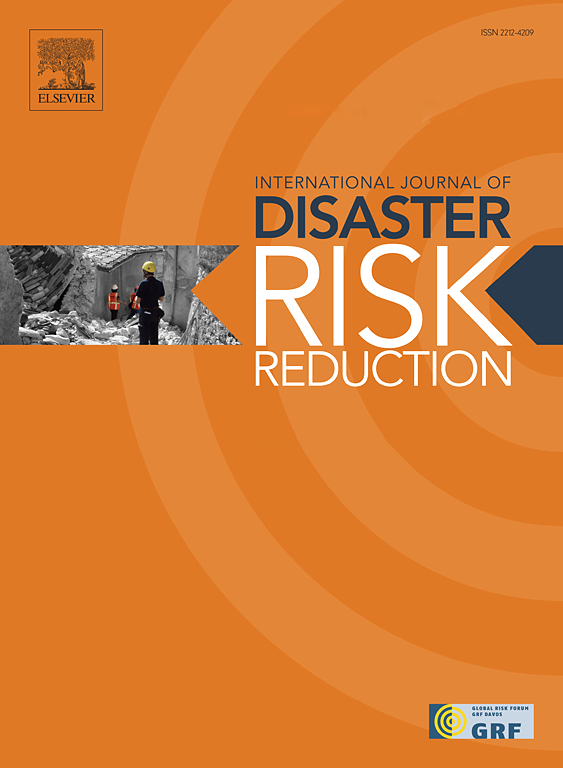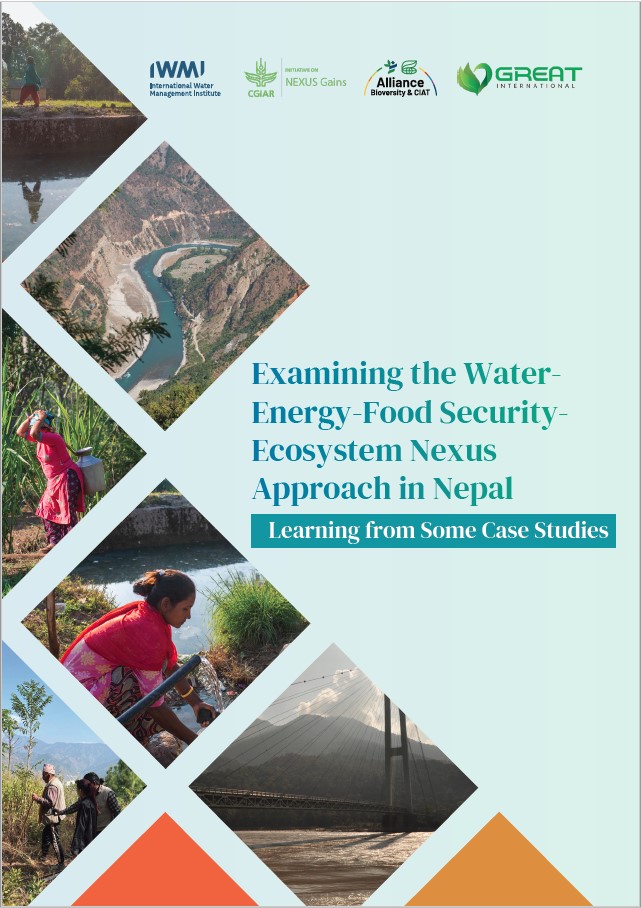Published online: 14th May 2018
Authors : Poshendra Satyal, Esteve Corbera, Neil Dawson, Hari Dhungana and Gyanu Maskey
Available at: https://doi.org/10.1080/14693062.2018.1473752
REDD+ is an international policy aimed at incentivizing forest conservation and management and improving forest governance. In this article, we interrogate how newly articulated REDD+ governance processes established to guide the formulation of Nepal’s REDD+ approach address issues of participation for different social groups. Specifically, we analyse available forums of participation for different social groups, as well as the nature of their representation and degree of participation during the country’s REDD+ preparedness phase. We find that spaces for participation and decision-making in REDD+ have been to date defined and dominated by government actors and influential civil society groups, whereas the influence of other actors, particularly marginalized groups such as Dalits and women’s organizations, have remained limited. REDD+ has also resulted in a reduction of influence for some hitherto powerful actors (e.g. community forestry activists) and constrained their critical voice. These governance weaknesses related to misrepresentation and uneven power relations in Nepal cast doubt on the extent to which procedural justice has been promoted through REDD+ and imply that implementation may, as a consequence, lack the required social legitimacy and support. We discuss possible ways to address these shortcomings, such as granting greater prominence to neglected civil society forums within the REDD+ process, allowing for an increase in their influence on policy design, enhancing capacity and leadership of marginalized groups and institutionalizing participation through continued forest governance reform.
Available at: https://www.tandfonline.com/doi/full/10.1080/14693062.2018.1473752







